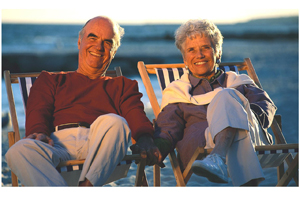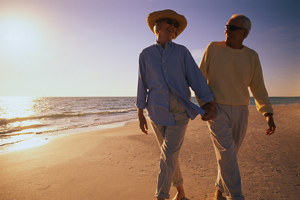TEL 1-844 303-1900


Elderly Travelers

As the population ages there are more and more elderly people traveling abroad for holidays and adventure. Many are pilgrims and many are visiting friends and relatives.
Vaccinations. Age does not give natural protection against disease. On the contrary as we cross over into our forties we suffer from a reduction in the antibody level for many common diseases and in our bodies ability to respond fully to a vaccine. This problem gets worse as we get into our fifties, sixties and seventies. So regular and and timely doses vaccines are important and in fact these have shown to significantly reduce deaths in this population despite the less than optimal response to the vaccines.

Medications. Take adequate personal medications. Try to take a duplicate set of medications and store them in two different pieces of luggage in case one is lost or stolen. The medications must be clearly labelled and some should be carried in hand luggage for easy access in case of delays or loss of luggage. While abroad try to store your medicines in a cool dry place. If you are crossing time zones, do not miss out doses especially if you are diabetic or have a heart condition.
Medications. If you suffer from any recurrent illness or are on regular medication check with your general practitioner. You may find a check-up helpful to ensure that you are fit to travel. A referral letter with a summary of your health conditions and list of medications can be useful in case you need treatment while abroad.
Remember to take care with food and water. Dehydration can have profound effects on diabetics, the elderly and those with heart or kidney conditions.

Read the small print of your insurance policy which should include repatriation in case of illness and ensure there are no important exclusion clauses.
